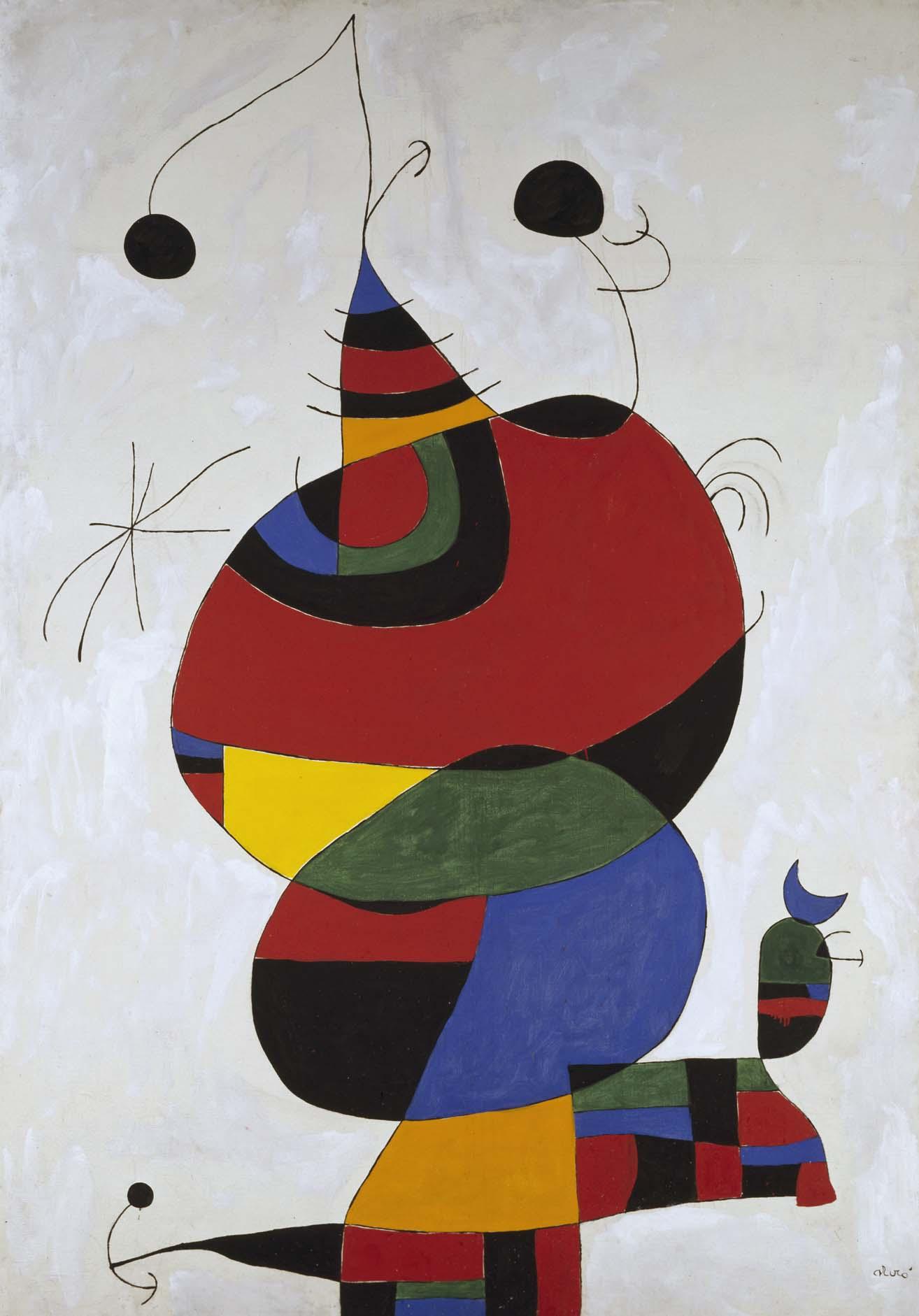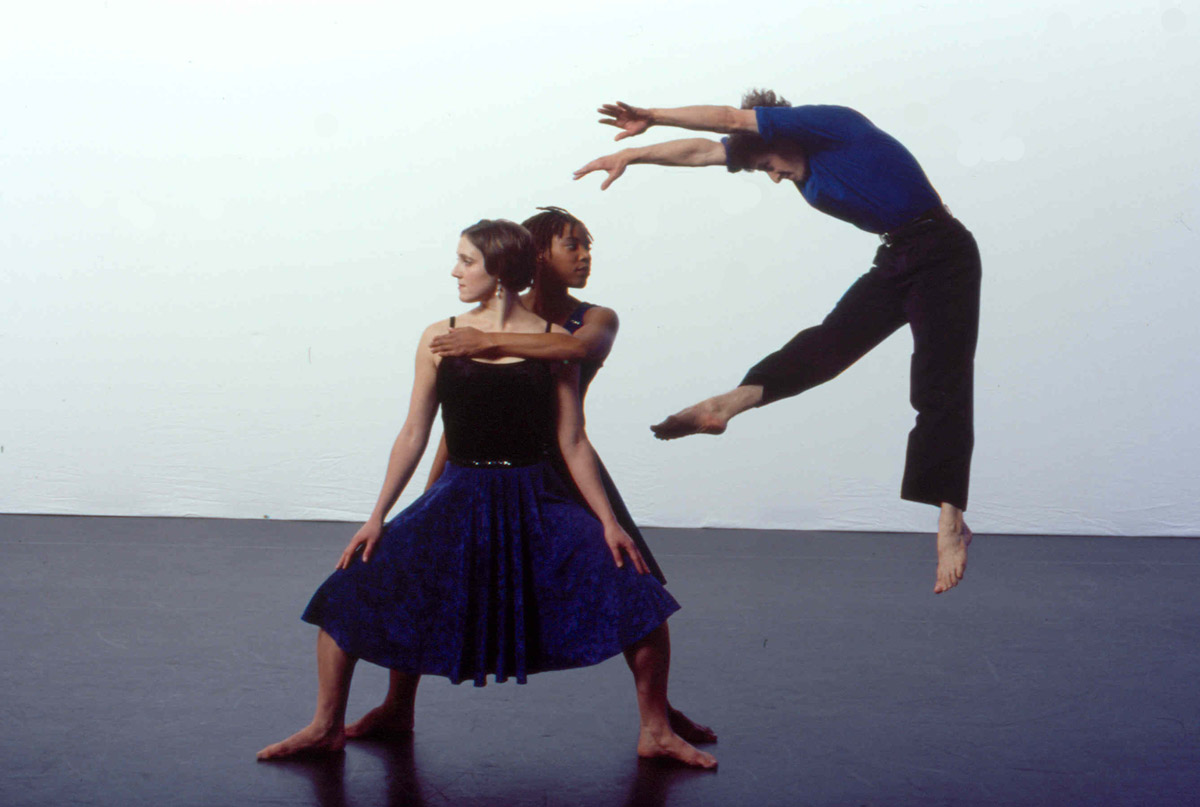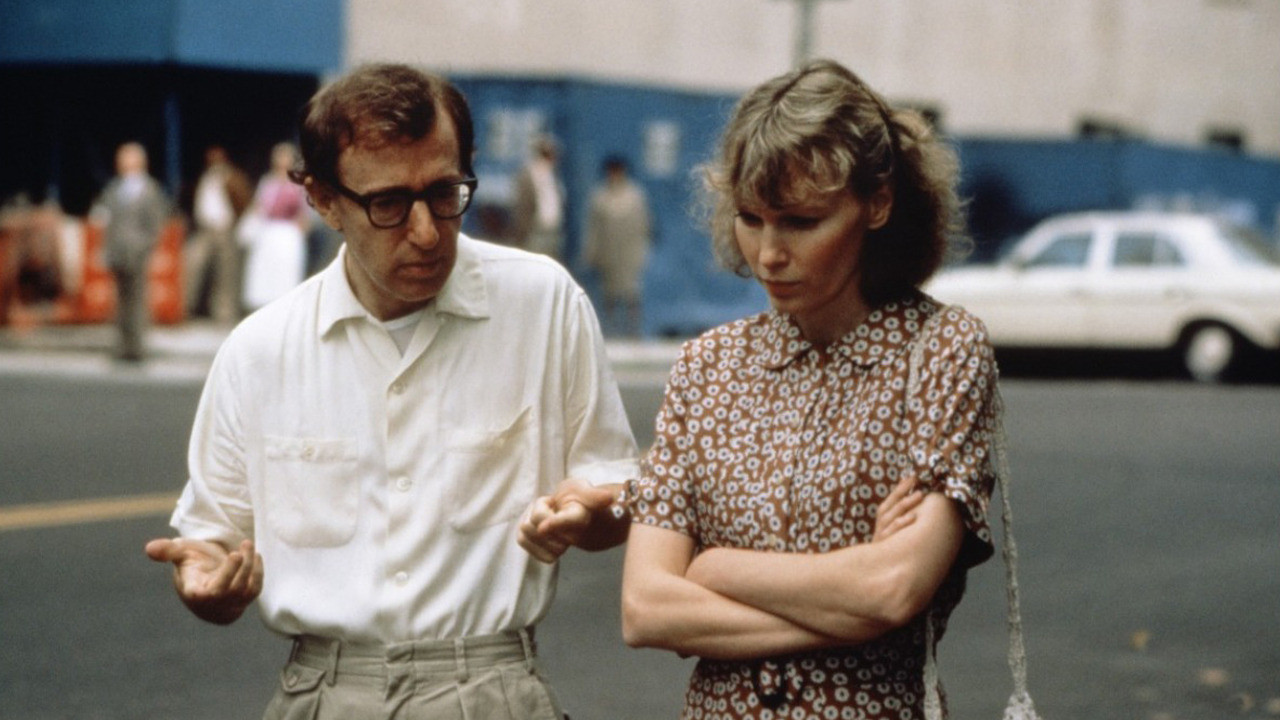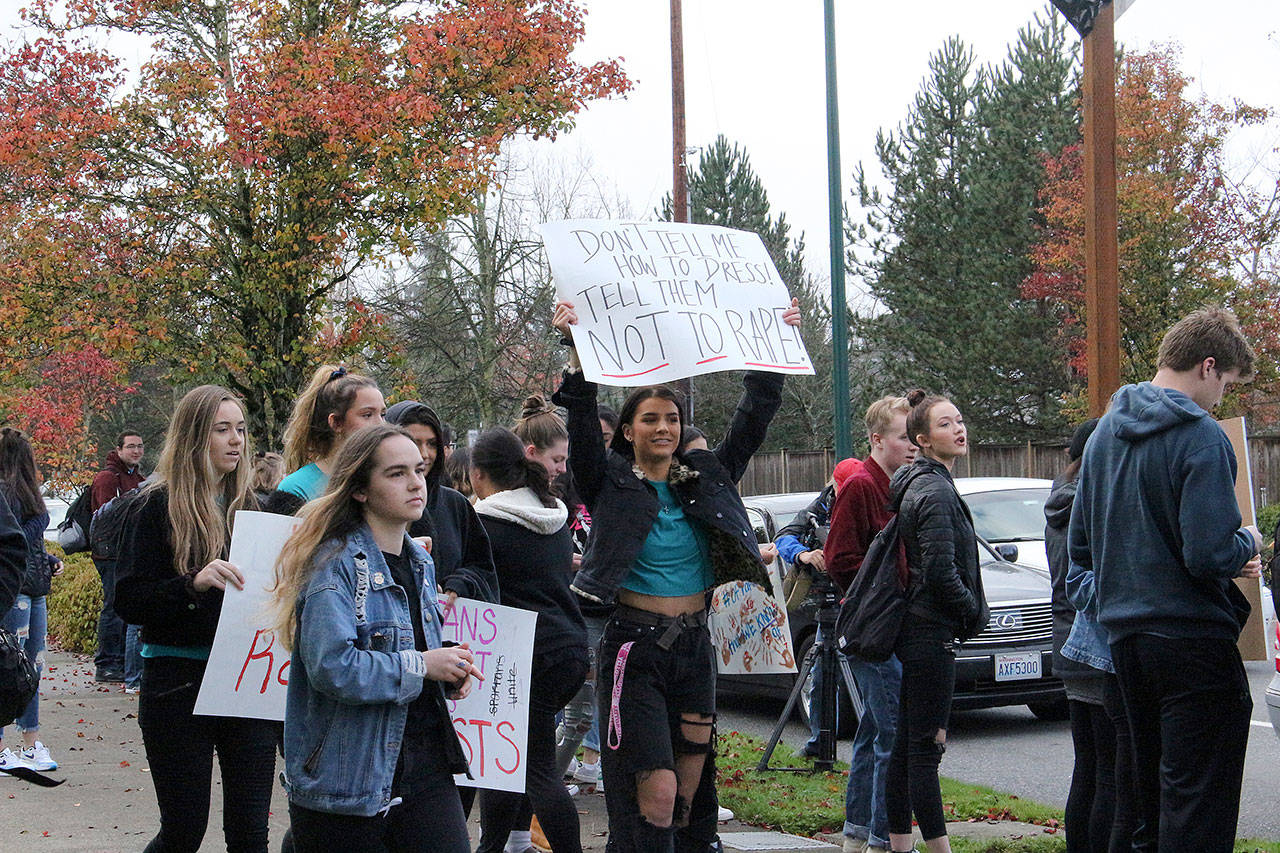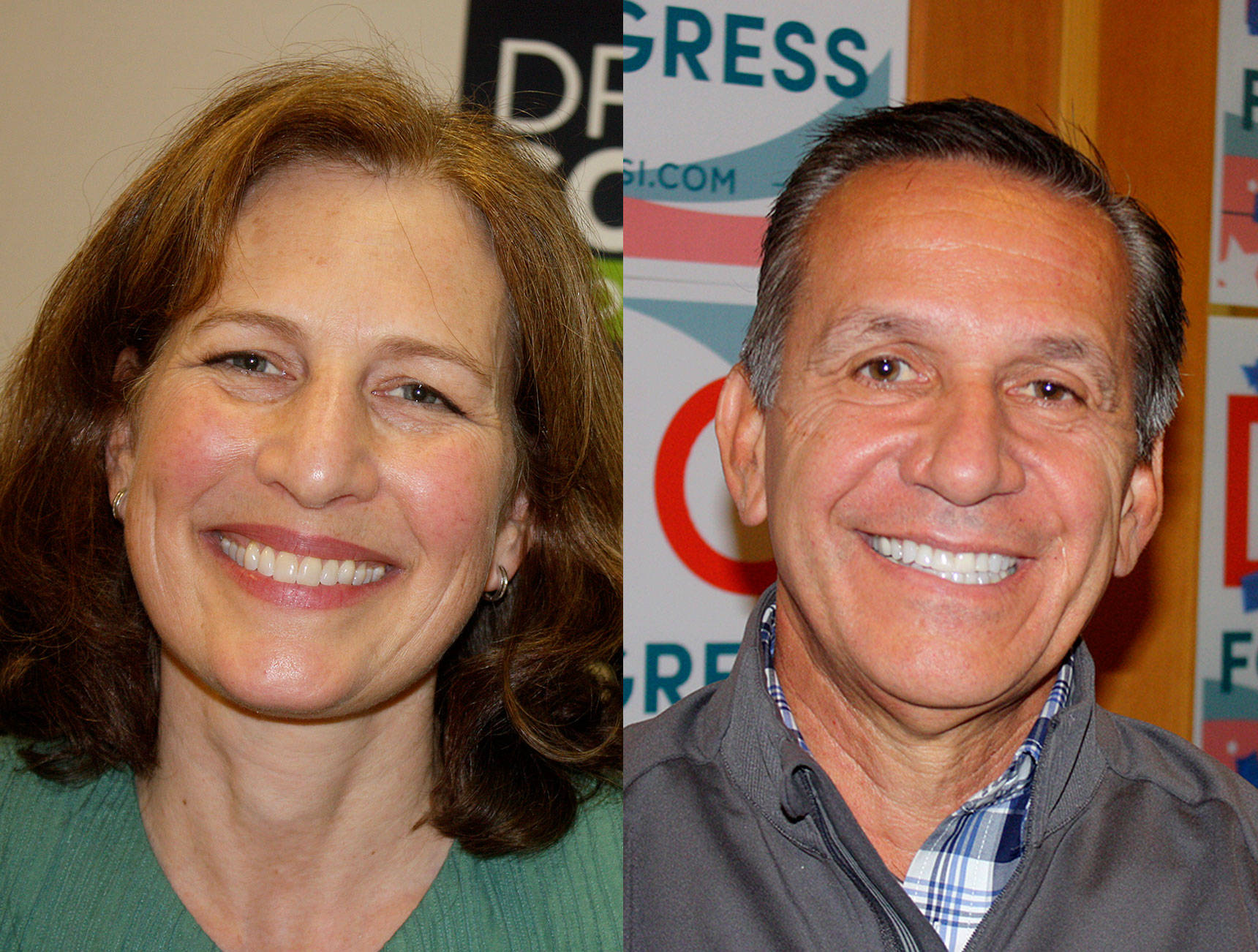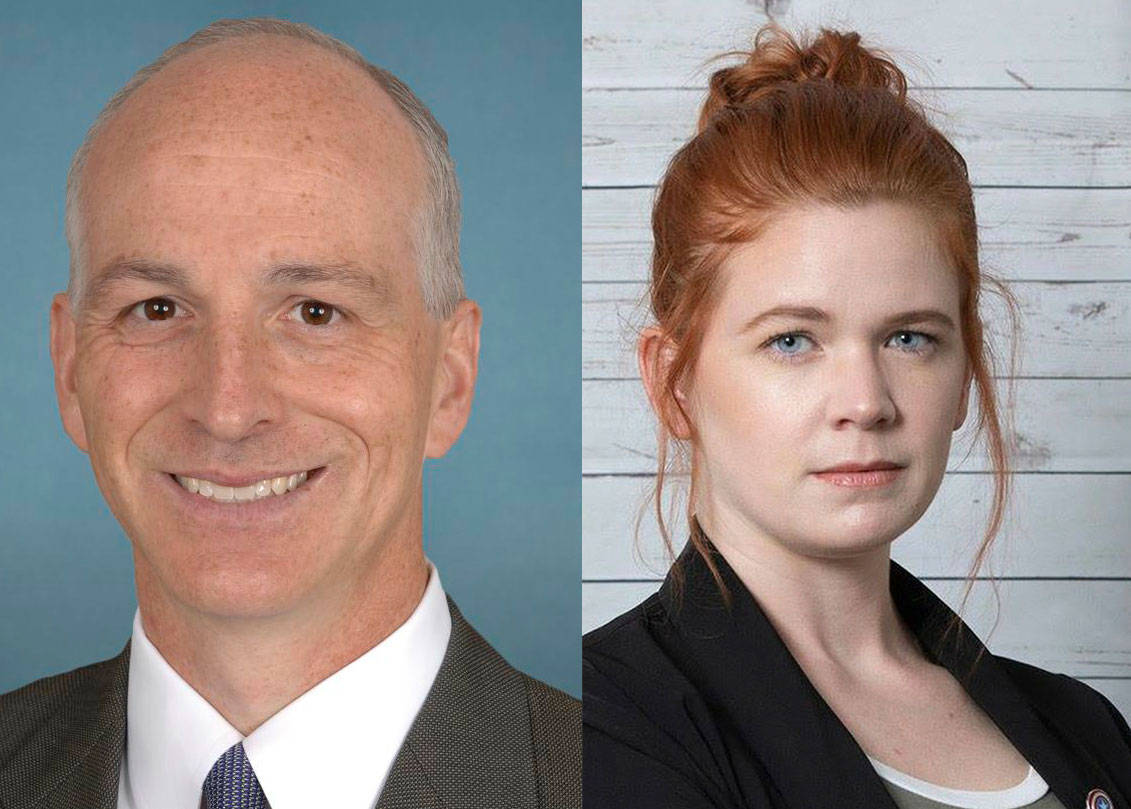Wednesday, Feb. 12
Colin Meloy
The Decemberists are one of the most notoriously bookish bands in the history of bands. Dropping words like “odalisque” and “bagatelles” into songs like it’s no big deal, each of the Portland band’s records should be packaged with a pocket dictionary for full comprehension. The wordiness makes sense: Colin Meloy, the band’s bespectacled frontman, graduated with a creative writing degree; and his sister is a frequent New Yorker contributor. So, years after the Decemberists made a name with its literary rock, it’s no surprise that Meloy made the logical leap and wrote his own book. Meloy and his wife, illustrator Carson Ellis, created Wildwood, a children’s series set in a fantastical parallel-universe Portland, where kids get wrapped up in a world of black magic, evil spirits, and general woodland whimsy. Tonight Meloy will read from the third book in the series, Wildwood Imperium, in an event suited for children, adults, and fans of the Decemberists. And also take note that Wildwood was recently optioned for an animated film by Laika Studios, the Portland production house behind Coraline and Paranorman. Third Place Books, 17171 Bothell Way N.E., 366-3333, thirdplacebooks.com. Free. 7 p.m.
KELTON SEARS
Thursday, Feb. 13
Miro: The Experience of Seeing
The Spanish artist Joan Miro (1893–1983) had a long career—so much so that a career retrospective would fill an entire museum, not just a couple of galleries. This traveling show, which originated at Madrid’s Museum Nacional Centro de Arte Reina Sofia, solves that problem by selecting 50-odd paintings and sculptures created during the last two decades of his life—Miro in autumn, in other words. Now, is late Miro as good as early Miro? The same can be asked of Picasso, Renoir, Warhol, and company. As artists age and slow down, they often learn how to do more with less. It takes fewer gestures, less paint, and more suggestion for Miro to hint at the natural forms of birds, women, and stars. His small bronze sculptures have a spindly Giacometti sparseness to them. His large oil canvases use only a few primary colors and brushstrokes to convey warm-blooded form. There are parts and pieces of creation here, but they’re stuck together oddly; you can see the traces of the cubism and surrealism and Dada that Miro cycled through, then rejected, in his youth. In his late career, settling on the island of Majorca, Miro essentially retreated from the urban life of Barcelona and Paris. He was left alone to fiddle, refine, and reduce. (Ends May 26.) Seattle Art Museum, 1300 First Ave., 654-3121, seattleartmuseum.org. $12.50–$19.50. 10 a.m.–9 p.m.
BRIAN MILLER
Noir City
If film noir is a uniquely American genre, the Noir City series reminds us that it absorbed influences from abroad and then exported the aesthetic back to other countries. Only three of these 16 features are true black-and-blue American (one of them, 1949’s Too Late for Tears, with the hard-case B-team noir icons Lizabeth Scott and Dan Duryea, arrives in a new Film Noir Foundation–funded restoration). Opening night’s The Third Man, set in the amoral underworld of postwar Vienna, with Orson Welles at his most callously mercenary, needs no recommendation. (Also on the double-feature bill is the World War II thriller Journey Into Fear, also starring Welles and Joseph Cotton, and also introduced by series curator Eddie Muller.) Other must-sees in the retrospective, running through Monday, are Drunken Angel, a 1948 Kurosawa urban gangster picture with young Toshiro Mifune as a cocky young blade; and The Wages of Fear, a French thriller set in the South American jungle with an existential edge and a nitroglycerine trigger. But also go to catch some of the rarities. It Always Rains on Sunday and Brighton Rock—with baby-faced Richard Attenborough as a sociopath of a young thug—detour down the dark alleys just outside of the drab existence of postwar England; neither is available on DVD. And I for one am curious to see just what a Norwegian or Argentine noir is all about. SIFF Cinema Uptown, 511 Queen Anne Ave. N., 324-9996, siff.net. $10–$15. 7 p.m.
SEAN AXMAKER
Friday, Feb. 14
Mark Morris Dance Group
The erstwhile local choreographer comes back to his hometown with a pair of beautiful revivals set to Brahms, just in time for Valentine’s Day: New Love Song Waltzes and Love Song Waltzes. If those seem almost too sentimental, his setting of Erik Satie’s Socrate, which considers the death of the philosopher with a live pianist and tenor onstage, is more austere but just as astonishing. (Through Sun.) The Paramount, 911 Pine St., 877-784-4849, stgpresents.org. $26–$71. 8 p.m.
SANDRA KURTZ
Woody Allen in the ’80s
These half-dozen films were programmed well before the latest eruption in the long-running war between Allen and his ex, Mia Farrow. The timing of (old) sex-abuse allegations regarding adopted daughter Dylan Farrow seems not-so-coincidentally linked to the launch of her brother Ronan Farrow’s MSNBC career. Scandal sells, as any stage mother knows, and it may also drum up some local interest in this retrospective, which begins with the 1986 Hannah and Her Sisters—starring Mia Farrow! Running through Sunday, the sterling ensemble comedy won Oscars for Allen’s script, for Michael Caine (as a guilt-ridden philandering husband), and for Dianne Wiest (the artistic, unfulfilled middle sister who wants to sing, and does so memorably with “I’m Old Fashioned”). Barbara Hershey plays the crazy younger sister and Farrow the stable one, though all three women are revealed to be more complicated than the labels society might give them. Hannah is perhaps Allen’s richest, warmest, most generous movie as it surveys, through several changing seasons, these flighty sisters and their even more flawed men (the director foremost among them, playing a selfish hypochondriac). It’s the best adaptation of Chekhov, not actually written by Chekhov, ever put to film. (The Purple Rose of Cairo plays Sun.–Wed.; the following titles in the series, running through March 6, are Crimes and Misdemeanors, Another Woman, Broadway Danny Rose, and Radio Days.) Grand Illusion, 1403 N.E. 50th St., 523-3935, grandillusioncinema.org. $5–$8. 6:30 p.m.
BRIAN MILLER
Monday, Feb. 17
B.J. Novak
No one is going to confuse B.J. Novak for Raymond Carver. The fledgling author’s new humor collection, One More Thing (Knopf, $25), does not employ an economy of words. There’s a lot of prattling about the seemingly mundane minutiae of life. Luckily this is a sweet spot for comedians like Novak—writer, producer, and actor on The Office, where he played wonder-boy antagonist Ryan Howard—and he manages a few good chuckles with each entry. He’s got a knack for absurd yet not entirely unrealistic interior monologues. These “Stories and Other Stories,” per the volume’s subtitle, aren’t all stories. Some are just snippets of dialogue or brief Jack Handey–esque thoughts, the kind of riffs generated in a sitcom writers’ room and then abandoned. They’re funny—sometimes deliriously so—but unlikely to grow into anything larger. Mostly, though, they’re extended punch lines that skewer common tropes of American life—our fables, our empty promises, our collective fascinations—by flipping them, denigrating the dignified, dignifying the denigrated. As is the case with such transpositions, there are a few occasions of actual enlightenment from the Harvard graduate—pleasant surprises that show promise of deeper work in the future. But for now, the jokes are pretty great on their own. Town Hall, 1119 8th Ave., 652-4255, townhallseattle.org. $33 with book purchase. Doors open at 6 p.m.
